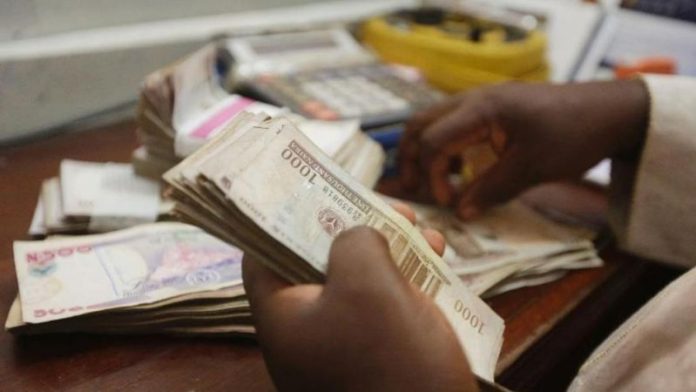An analysis of government earnings reveals that the devaluation of the naira in June has resulted in a significant revenue windfall of N713.1 billion for the government. The primary objective of the naira devaluation was to bolster the country’s foreign exchange earnings and overall revenue.
Between June and September 2023, the Federal Account has received this substantial boost in revenue due to exchange rate differences. This information was extracted from the monthly communiqué of the Federation Account Allocation Committee.
In June, the revenue from exchange rate differences and rate differentials amounted to N147.07 billion, followed by N39 billion in exchange gains in July. August contributed N283.91 billion from exchange gains. According to the October 2023 communique issued by the Federation Account Allocation Committee, the total distributable revenue of N903.48 billion included distributable statutory revenue, Value Added Tax revenue, Electronic Money Transfer Levy revenue, and Exchange Difference revenue.
The devaluation of the naira took place when the Central Bank of Nigeria directed Deposit Money Banks to remove the rate cap on the naira at the official Investors and Exporters’ Window of the foreign exchange market. This policy allowed the naira to freely float against the dollar and other global currencies starting from June 14, 2023.
Subsequently, the value of the Naira has declined, with the exchange rate dropping from N471/$ to N809.02/$ at the Investors & Exporters FX window and further falling to N1,030 in the parallel market. This depreciation has led to an increase in revenue from exchange rate differences.
JP Morgan recently highlighted that a weaker exchange rate would result in higher naira revenues from oil and gas exports, underscoring the financial benefits of the devaluation.













